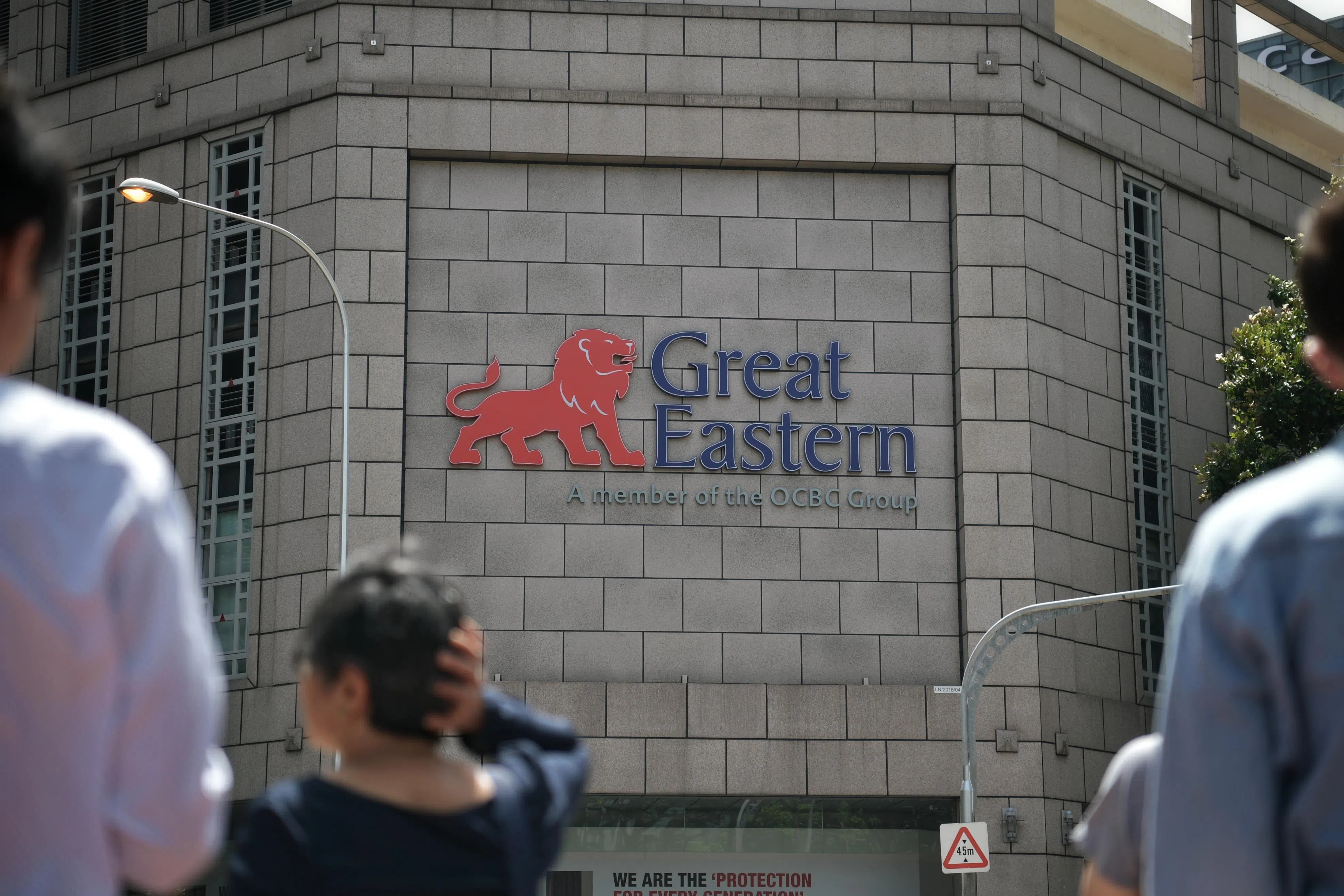MICROSOFT will launch its own mobile game store on the Internet in July, creating an alternative to Apple and Google’s app stores and their fees.
The store will launch with Microsoft’s own games, including Candy Crush Saga, Xbox president Sarah Bond said on Thursday (May 9) at the Bloomberg Technology Summit. Later, Microsoft will open the store to other publishers.
Bond says the store is launching on the web, versus an app, so it’s “accessible across all devices, all countries, no matter what, independent of the policies of closed ecosystem stores”.
Apple and Google dominate the app stores where game developers release titles, charging an approximate 30 per cent fee on sales. In late 2023, Microsoft gaming head Phil Spencer shared that the company is in talks with partners to launch its own Xbox app store.
The European Union’s Digital Markets Act, which went into effect this year, freed tech companies to start their own direct-to-consumer web stores and avoid Apple and Google’s fees. In early May, some TikTok users reported seeing links to a TikTok web store, where they could purchase TikTok coins at a discount.
Microsoft lagged behind game industry competitors in entering the US$90 billion mobile gaming market. Now, the company’s Xbox unit is poised to make a big splash after its US$69 billion takeover of Activision Blizzard, owner of the Candy Crush and Call of Duty. Candy Crush has been downloaded five billion times since its 2012 debut and generated US$20 billion in revenue.
GET BT IN YOUR INBOX DAILY
Start and end each day with the latest news stories and analyses delivered straight to your inbox.
Tech giants have been battling over the future of digital storefronts for mobile games since 2020, when Fortnite maker Epic Games launched its Project Liberty campaign.
The company announced users would get a 20 per cent discount buying Fortnite currency on its own website. In response, Apple and Google deleted Fortnite from their app stores. Epic filed lawsuits against both tech giants, alleging illegal monopolistic control over their mobile phone ecosystems. BLOOMBERG



